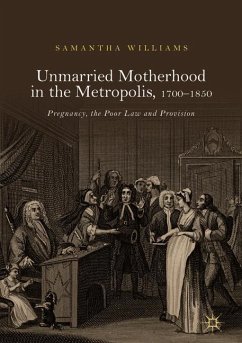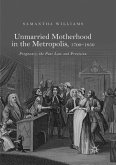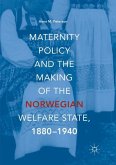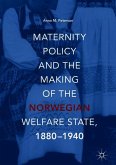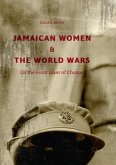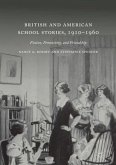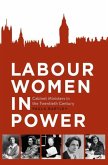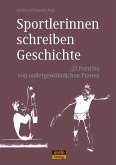In this book Samantha Williams examines illegitimacy, unmarried parenthood and the old and new poor laws in a period of rising illegitimacy and poor relief expenditure. In doing so, she explores the experience of being an unmarried mother from courtship and conception, through the discovery of pregnancy, and the birth of the child in lodgings or one of the new parish workhouses. Although fathers were generally held to be financially responsible for their illegitimate children, the recovery of these costs was particularly low in London, leaving the parish ratepayers to meet the cost. Unmarried parenthood was associated with shame and men and women could also be subject to punishment, although this was generally infrequent in the capital. Illegitimacy and the poor law were interdependent and this book charts the experience of unmarried motherhood and the making of metropolitan bastardy.
"Samantha Williams presents a clearly written, well-structured insight into unmarried mothers' experience of poor relief in eighteenth and early-nineteenth century London. ... Williams has produced useful and detailed data on the mechanisms of filiation and provision for illegitimate children and provided compelling evidence of the multiple demands that faced parishes in this period." (Kate Gibson, Family & Community History, Vol. 21 (3), 2018)

